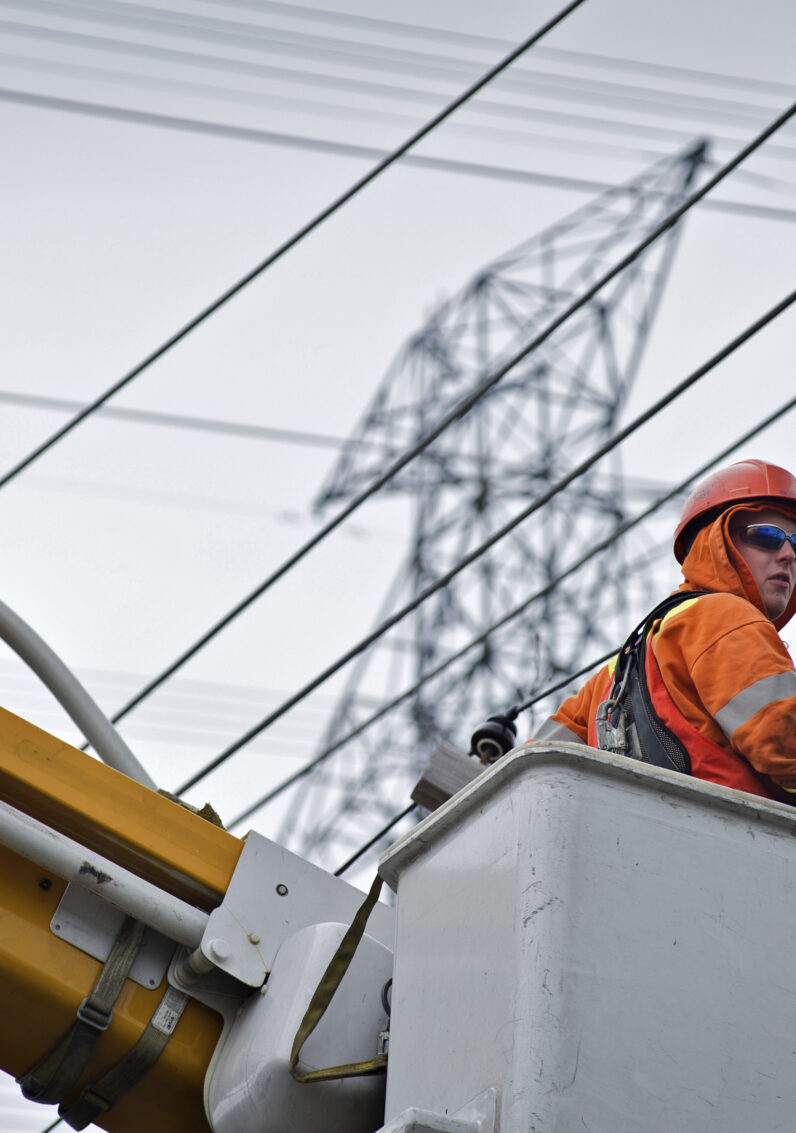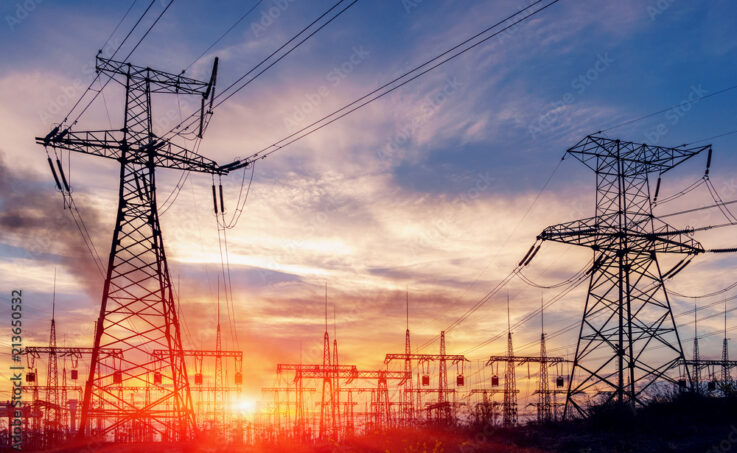Power Cable Technician
Power Cable Technicians install, operate, maintain, and repair power cables and related underground and above ground infrastructure.

Job Requirements
Power Cable Technicians install, operate, maintain, and repair power cables and related underground and above ground infrastructure that are part of transmission and/or distribution systems.
Educational requirements:
While Power Cable Technician, unlike Powerline Technician, is not a recognized Red Seal trade, some employers offer in-house apprenticeships to train Power Cable Technicians. Some training in underground cable termination and splicing is provided in the apprenticeship for Powerline Technicians; however, additional and comprehensive training is required to be a competent Power Cable Technician. Within the electricity industry, unlike telecommunications cable workers, Power Cable Technicians are working with high-voltage cables, which can be live (energized).
National Occupational Standard
NOS are a benchmark of the knowledge and abilities needed to be competent in a particular occupation. Developed by current job incumbents, NOS are a collection of the individual competencies that make up the whole picture of an occupation.
Download Job Demands Assessment
Related NOC code:
- 72203 – Electrical power line and cable workers
Working Conditions

- Power Cable Technicians perform the majority of their work outdoors, at various worksites, and in various weather conditions.
- Depending upon the location of cables and equipment, they may be working above or below ground. Below ground work is often within confined spaces with access via maintenance holes.
- Occupational hazards include working with high voltage equipment, working in confined spaces and working at heights and in extreme weather conditions. This also could include exposure to asbestos, silica dust, mercury, lead and PCBs.
- Cable work is strenuous and requires frequent heavy lifting, working in awkward positions, carrying and reaching.